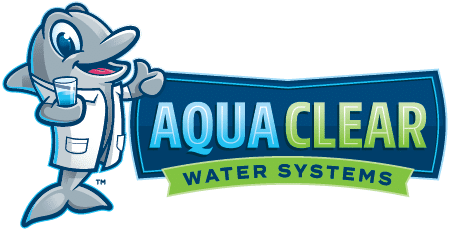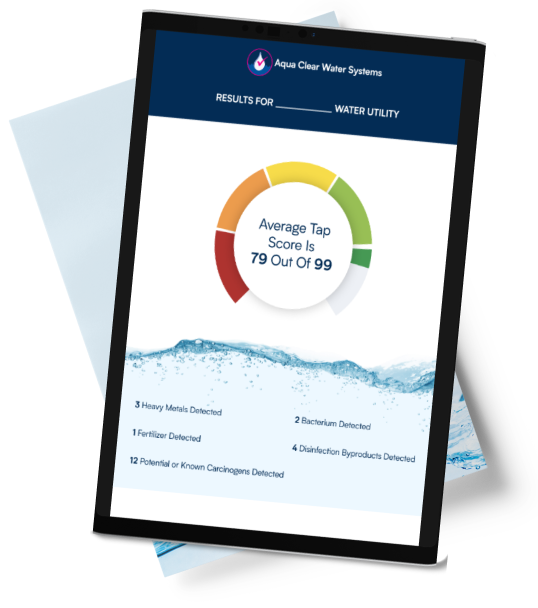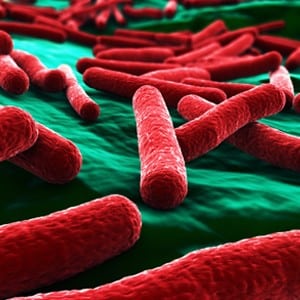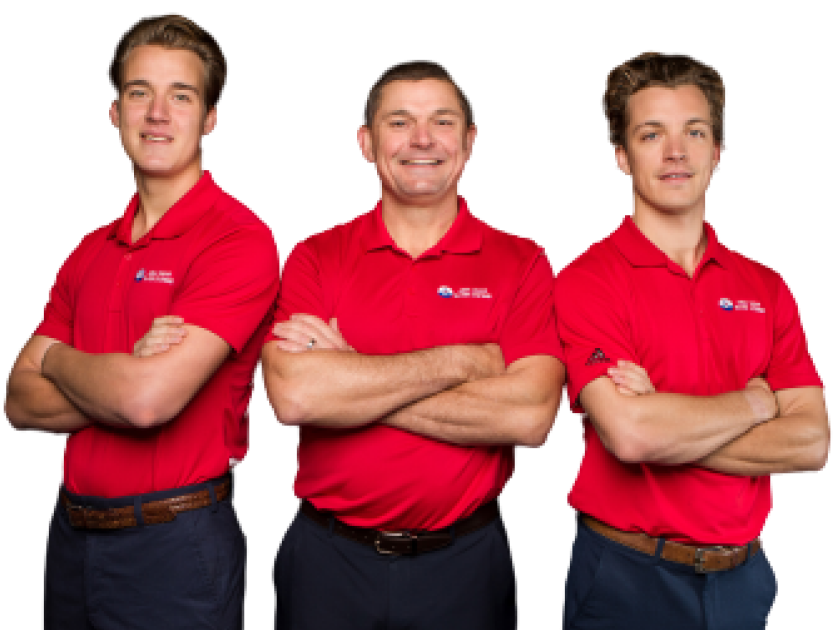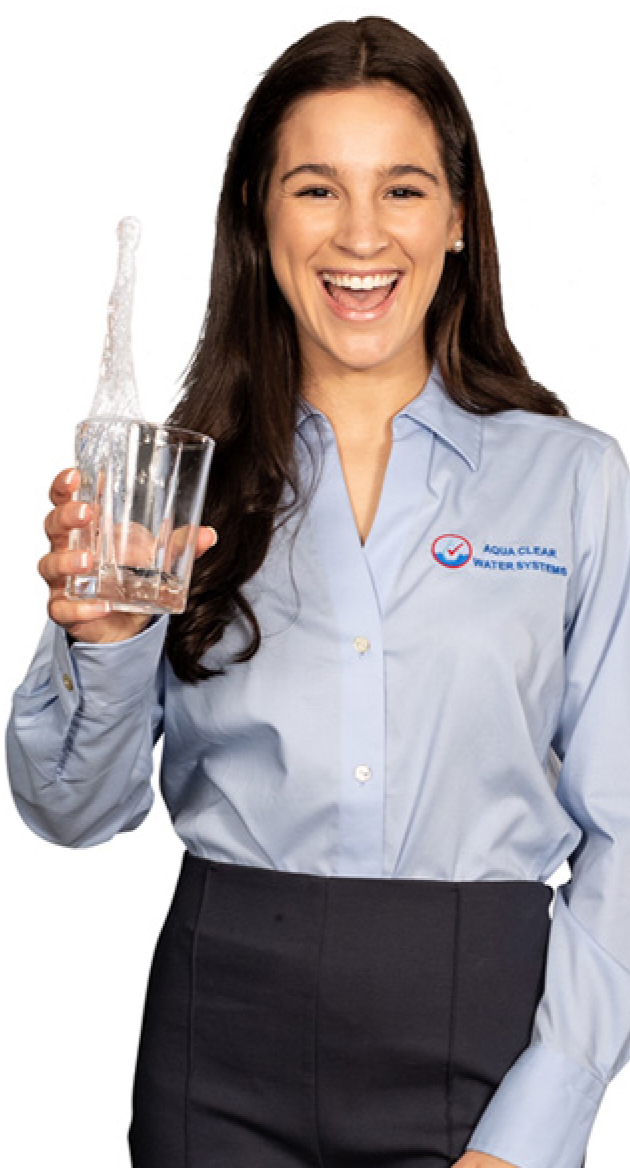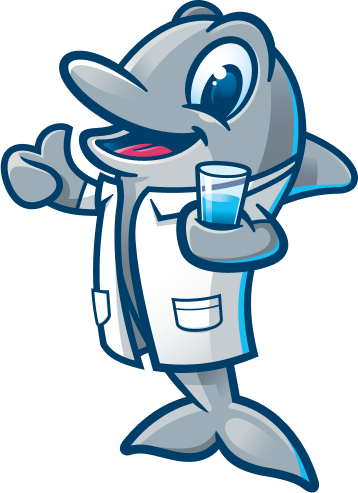This Fact Sheet helps you understand what it means if the water sample taken from your well comes back positive for Coliform or e.Coli bacteria. Think of the presence of Coliform bacteria present as a “Tornado Watch” where weather conditions are favorable for tornadoes to form in your vicinity. If e.Coli is present, think of a “Tornado Warning” where tornadoes have been spotted near your home, and you should take cover immediately to protect you and your family. Unfortunately, in East Tennessee, well contamination by Coliform and e.Coli is much more common than damage from tornadoes.
My well has tested positive for the presence of Coliform bacteria. Should I be concerned?
Yes, home owners should be concerned for themselves and guests. The fact that any Coliform bacteria type is present means that conditions in and surrounding your well are favorable for all members of the Coliform family of bacteria to grow, flourish, and thrive.
The Coliform group of bacteria consists of several hundred types of bacteria found in nature that can survive in favorable environments. Your well is one of those favorable environments. Of those several hundred, about a dozen can cause very serious stomach and bowel issues in healthy people. Persons with weakened immune systems are at much greater risk from the dozen. Two types in the coliform bacteria group, known as e.Coli, can cause kidney failure and death. E.Coli is the same contaminant that is regularly in the news recently about contaminated lettuce, Serrano peppers, hamburger meat, and tomatoes.
The two e.Coli potential killers, H 157 and H104, come from fecal contamination (human or animal bowel waste). E.coli is eliminated through the lower gastrointestinal tract of all living mammals – including humans as well as domesticated animals like cows, horses, sheep, goats, llamas, dogs, cats and wild animals like bears, deer, raccoons, opossums, skunks, beaver, etc. Some fowl and birds have e.Coli in their droppings as well.
Is It Common to Have Coliform In Well Water?
Another e.coli source is from from leaking or over burdened septic systems polluting ground water. In densely populated neighborhoods like cabin developments or mountain communities with both wells and septic systems, coliform contamination is common in some areas ranging as high as 70% of wells. In 2018, 18 neighboring wells in Bean Station, TN were poisoned with e.Coli after the septic system failed at a cattle slaughter house a few miles away and introduced e.Coli into ground water.
How Does Coliform Get Into Well Water?
It is extremely rare in East Tennessee to hit an underground river of water or a underground isolated pool of water when a well is drilled. Almost every well in East Tennessee is a “seepage” type well – meaning ground water seeps into the well shaft through cracks and fissures in the many layers of sedimentary rock, limestone, and shale the well driller bored through to achieve an adequate supply of water for your home. The well casing, the 6” diameter steel pipe above the ground, may only go down 20 to 100 feet. The remaining depth of the well is open rock. The water seeps into your well through fissures in the rock walls of the bore hole. Your in-hole well pump is placed near the bottom of the well shaft. The water above the well pump is drawn into the well pump and then travels to your home’s water distribution system. Ground water then replenishes your well.
Water falling to the ground as rain seeps into the rocks cracks and fissures underground. It carries along with it any contaminants on the surface. Coliform may lay dormant just below the surface of the ground for years. There are some areas that are of particularly concern like those where cattle, horses, and pigs have been pastured. Nearby poultry houses also pose a concern. Water is continually moving under the ground and can travel underground along the folds in the East Tennessee rock strata for many miles from the rainfall area due to the hills and mountains in our area. Bacteria is carried into the well by the ground water flowing in to replenish the well as water is pumped into the home.
I’ve heard that pouring chlorine bleach down the well will kill all the bacteria. Is that true?
The answer is “YES,” BUT only temporarily, and only when performed correctly by specific formula. The bleach method is no more than a very temporary remedy. It is a “Band-Aid,” and typically lasts only a few weeks on a well that is the main water supply for the home. This is because as you pump water from the well into the home during the few week period, new ground water carrying the bacteria flows into the well to replace the water you used.
Can I ever be sure that my family will be safe from bacteria and that the water coming from my well is safe for my family to drink and bathe in?
The answer is absolutely YES, “IF” you have installed a water treatment system that provides positive bacteria Dontrol for the water as it enters the home AND the home’s owners properly and faithfully maintain the treatment system over time.
All wells drilled in Tennessee since 1978 are required to be registered by the well driller with The Tennessee Department of Environment and Conservation (TDEC) in Nashville. If coliform is present in the well, as a first choice. TDEC recommends a chlorine feed system be installed by a licensed water treatment contractor to control coliform and e.coli bacteria. However, on privately-owned wells, the decision to install a bacteria control system on the family’s well rests solely with the home owner. You and you alone are responsible for your well’s water safety.
If the home owners choose to install a chlorine feed system, it should be installed immediately after the well pressure tank and before any waler pipes feeding the home’s water distribution system.
An alternative to a chlorine feed injection is Uhra Violet (UV) Sterilization. It utilizes a type of lamp that emits a a very specific wavelength of light to neutralize the bacteria in the water as it passes through the lamp assembly. While UV sterilizers upfront acquisition costs are less expensive than a chlorine feed system, UV systems are much more prone to breakdown and are significantly more expensive to maintain than a chlorine injection system. (Maintenance costs for a family of four is about $30 to $45 per year for chlorine injection vs. $250 or more for UV per year). Further, when there is power failure, the UV lamp shuts off and the sterilizer does not work. Bacteria laden water can then enter the home’s plumbing.
There are certain water chemistry requirements that your incoming well water must meat for any brand of UV sterilizer to remove the bacteria from the incoming water. The maximum amounts of contaminants that any manufacturer’s brand UV can handle are: Hardness measured as Cac03 – 7 grains per gallon or 120 ppm, Iron – 0.3 ppm, pH – 6.5 – 9.5, Manganese – 0.05 ppm, Color = None, water must be clear, Turbidity – 5 NTU.
If your raw water or treated water chemistry falls above any of these readings, a Ultra Violet Sterilizer will NOT provide positive bacteria control, and all who consume the water from the well are at risk.
TDEC strongly recommends an annual bacteria test to regularly evaluate the health of your well and gain assurances that your well water is safe to drink.
Aqua Clear Water Systems is certified by TDEC and the State of Tennessee for water treatment and remediation on wells in Tennessee. This includes the intallation and maintenence of a water filter for coliform bacteria. Our license/registration number is 849, issued by the State of Tennessee and is current.
If you need well water testing or treatment please contact us.
Read Less
